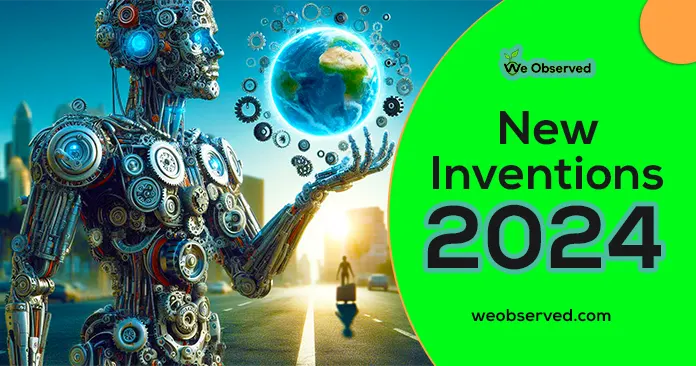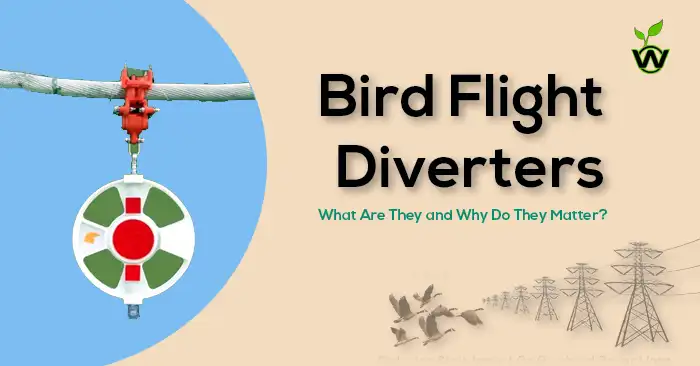From the moment we’re born, it’s like we’re handed books consisting of terms, meanings, and definitions. They shape how we think, how we act, and what we believe is “right,” “successful,” or “normal.”
Most of us never even stop to question them. We grow up believing these meanings are the truth. We live by them, follow them, and even teach them to others without realizing it. But what if those ideas weren’t really meant to help us grow? What if some of them are actually the reason we feel lost, judged, or not good enough?
And what if – just by changing the way we define things – we could change the way we see the world? Or, at least, the way we see ourselves and the world around us?
Examples of Misleading Definitions

Let’s look at a few ideas that sound okay at first, but start to feel wrong the more we really think about them.
We call buildings and dryness ‘development’, but forests and greenery are ‘undeveloped’
At some point, we started believing that more buildings and less nature meant progress. Cities with glass towers and concrete roads are called ‘developed,’ while places full of trees and rivers are seen as ‘backward.’
But if we’re losing clean air, water, and life in the name of growth, is that really development? Why can’t a place be both modern and green? Maybe real development isn’t about choosing economy over ecology, maybe it’s about keeping both in balance.
Also read: Unique but Simple Hackathon Project Ideas You Must Try in 2025
We call book-based knowledge ‘education’, but practical skills without degrees ‘uneducated’
A person with books, exams, certificates, and degrees is praised as educated, even if they can’t solve everyday problems or treat others with kindness. Meanwhile, someone like a farmer, a mechanic, or a homemaker, without having any fancy degree – who knows how to survive, manage, fix, and care – is called ‘uneducated.’
But isn’t real education about how well you live and help others, not just how well you write exams?
Make sure to take a look at:Disadvantages of Online Learning : Only Cons of e-learning
We call short dresses ‘modern’, and traditional clothes ‘outdated’
Somewhere along the way, wearing Western clothes became a sign of being bold, confident, and modern. And if you wear a saree or kurta, people might think you’re old-fashioned.
But let’s be honest – being modern has nothing to do with what you wear. It’s about your mindset, how open you are, how you treat others. Someone in a simple salwar suit can be more progressive than someone in a designer dress. Style is about who you are – not what society expects you to wear.
Must Read:Are Games Bad for You? Or have people lied to you till now?
We call thin bodies ‘hot’… and healthy, curvy bodies ‘fat’.
The world has created one narrow image of beauty – a slim waist, fair skin, and perfect features. If you don’t match that look, you’re told to change. But shouldn’t beauty be about feeling good in your own skin?
Strong, healthy, curvy, or soft – everybody deserves respect. When did looking like a mannequin become more important than feeling like a human?
We call silence ‘weakness’ and being loud ‘confidence’.
If someone is quiet, people often think they’re shy or unsure. And if someone talks loudly, takes up space, and dominates the room, we call that confidence.
But silence can be powerful. Some of the wisest, strongest people don’t speak often – but when they do, they mean it. Being soft-spoken isn’t a flaw; it’s a quiet kind of courage.
These are just a few that come to my mind, but I know there are more. I will keep this post updated with more ideas and definitions.
So, what if we just changed the meaning of a few words?

What if we started rewriting the dictionary – not to match trends but to reflect truth?
What if we called forests rich and concrete jungles poor?
Then maybe we’d protect nature more and stop thinking that building over it is always a good thing. Clean air and green spaces would be seen as real success.What if a mother managing five lives at home was seen as highly educated?
We’d finally see the incredible wisdom and strength it takes to raise a family. It’s time we respected her for the work she does every single day.What if wearing your culture proudly was called stylish, not old-fashioned?
Then, people wouldn’t be afraid to be themselves. We’d see tradition not as something to hide but as something to celebrate.What if every healthy body – no matter its shape – was called beautiful?
We’d stop trying to fit into someone else’s idea of beauty. We’d all feel a little freer and a lot more kind to ourselves.What if silence was seen as peaceful strength and loudness as restlessness?
We’d start listening more. We’d respect the quiet ones. And we’d stop mistaking noise for power.
Must Check: The Indian Feather
Words Matter, Right Definitions Matter
The way we define things affects how we treat others, how we see ourselves, and what kind of world we build. If we keep using the same old broken definitions, we’ll keep repeating the same old mistakes. But if we change the words – slowly, mindfully – we might start to change everything.
So, next time you hear a word or label that doesn’t feel right, pause for a second. Ask yourself:
Is this the truth – or just something I was taught to believe?
Because maybe, just maybe, the power to change the world… starts with changing our words.






